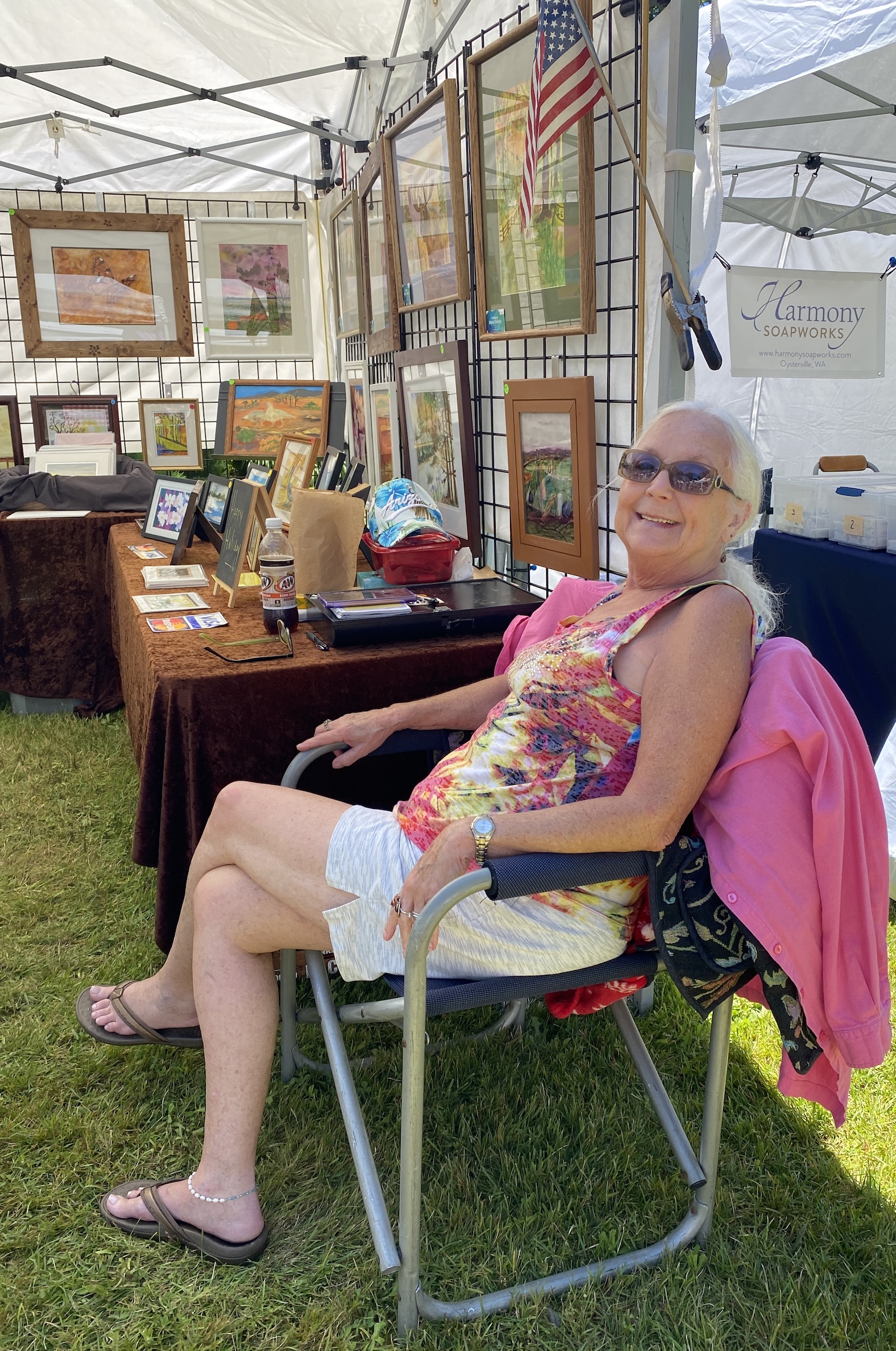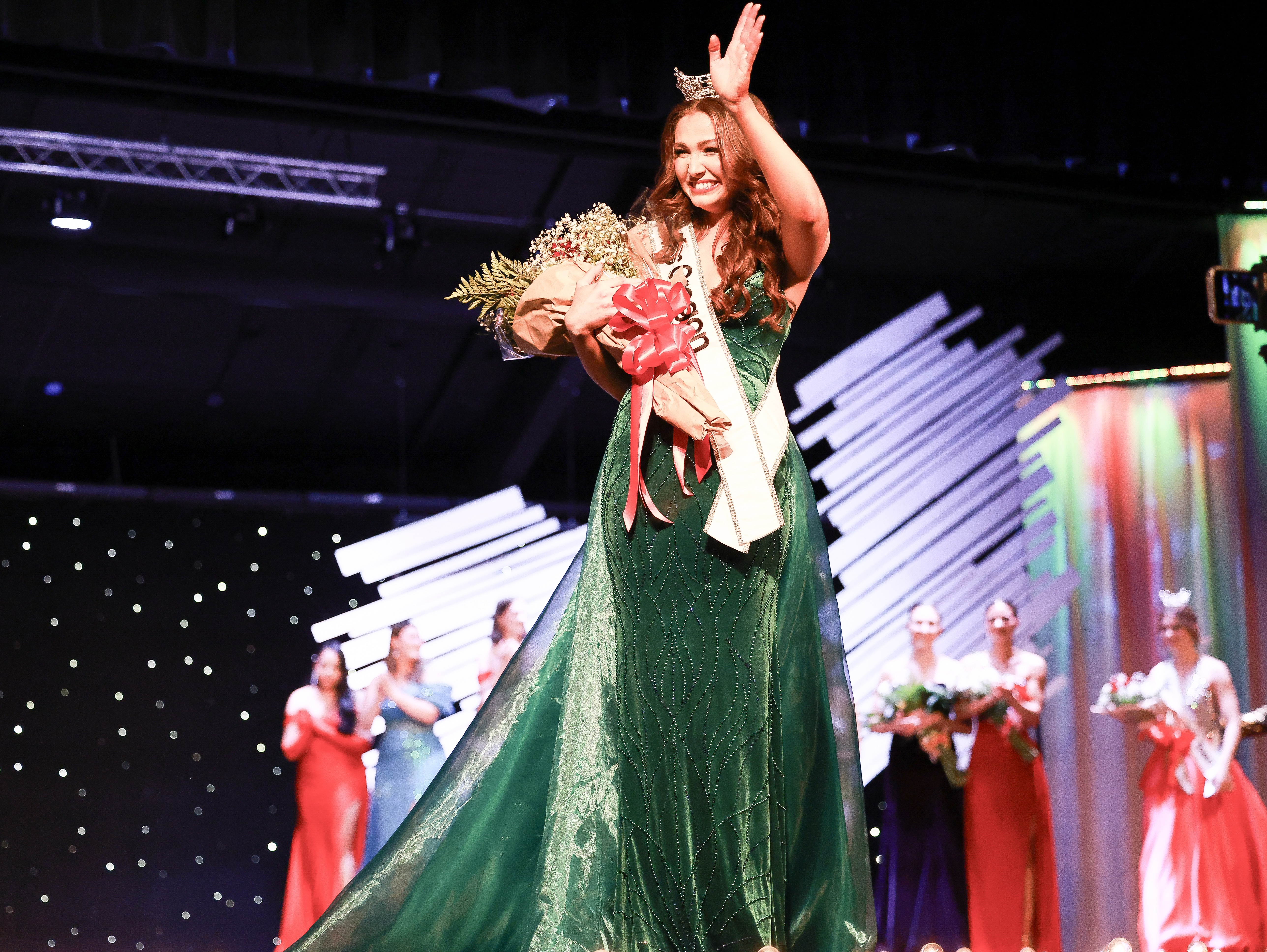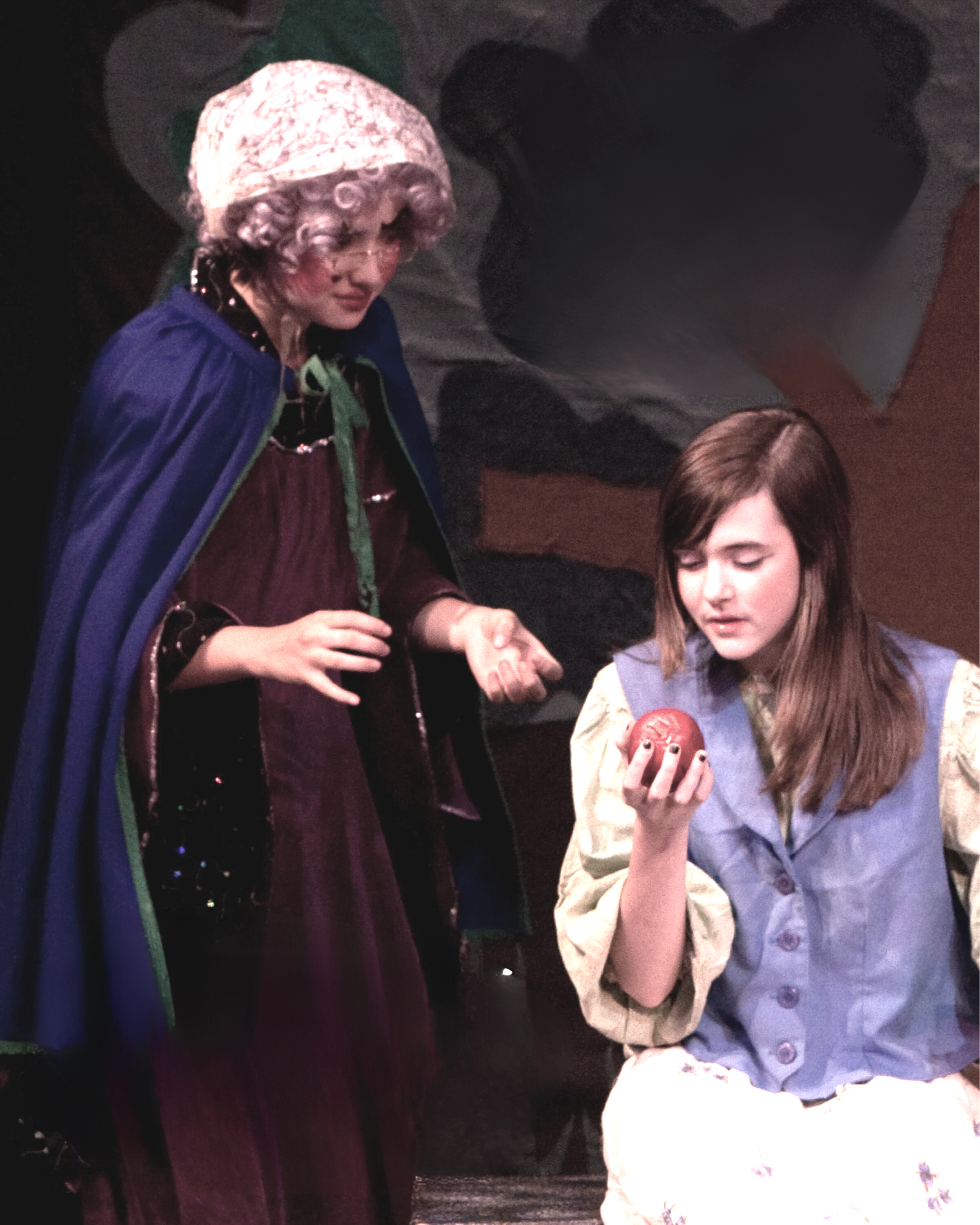Bookmonger: Adoption process put under a microscope
Published 9:00 am Monday, March 17, 2025

- In this book, a historian turns a critical eye toward the adoption process, drawing on lived experience and exploring a history entwined with race, class and gender.
I don’t know if anyone who has ever been a mother feels she has done a stellar job of parenting. There are just too many opportunities on a daily basis to get it wrong somehow.
So the title of Rebecca Wellington’s book, “Who Is a Worthy Mother?” gave me pause, even before I cracked open the cover.
Wellington, a historian and professor at the University of Puget Sound, is the biological mother of two beloved daughters. But she is also an adoptee, and this book is a critique of the practice of adoption — more specifically, the adoption industry — in the United States.
Wellington uses her experience of being adopted as an infant, as well as the experience of her sister, who was also adopted, to explore the frustration of being denied a crucial connection to their biological identity.
Perhaps one can’t fully understand it unless one has lived it, but for these sisters, being wanted enough to be adopted was never enough to assuage the pain of being relinquished by their biological parents.
As the author explores broader issues surrounding the history of adoption, more complex scenarios unfold. The federal government has played a spotty role in inserting itself into the debate over who is worthy of being a mother or who is responsible for raising a child.
During the early chapters of this nation’s history, when coerced pregnancies of enslaved Black women were largely seen as a way of increasing the enslaved labor pool, the U.S. couldn’t be bothered with overseeing child welfare.
But with the so-called “taming of the West,” Indian boarding schools became an early method of mass assimilation of Native children into the conquerors’ preferred lifestyle, without the government worrying much about the absence of parental nurturing.
Wellington discusses the transnational adoption boom that was largely initiated by a Lane County couple in the 1950s.
This was an effort to “save” mixed-race “GI babies,” who resulted from liaisons during the Korean and Vietnam Wars, from being left behind in countries that faced the possibility of falling to Communism, instead bringing them to the U.S. to be raised in Christian families.
Eventually, transnational adoptions expanded to include kids from other countries as well, but Wellington raises doubts as to whether birth mothers were ever fully apprised of the finality of their decisions.
The author also reviews the impacts of forced sterilization programs across many states, the Roe v. Wade decision that gave women agency over their own bodies — until its recent repeal, and the rise of “punitive social welfare policies that … are designed on a model of shaming and punishing the families that the system claims to be helping.”
Wellington concludes that “solutions continue to be in the form of taking away their children.”
In short, she asserts that adoption is not the tidy, feel-good transaction that it once was portrayed to be. “Who Is a Worthy Mother?” raises uncomfortable questions.
This week’s book
“Who Is a Worthy Mother?” by Rebecca Wellington
University of Oklahoma Press — 232 pp — $24.95









